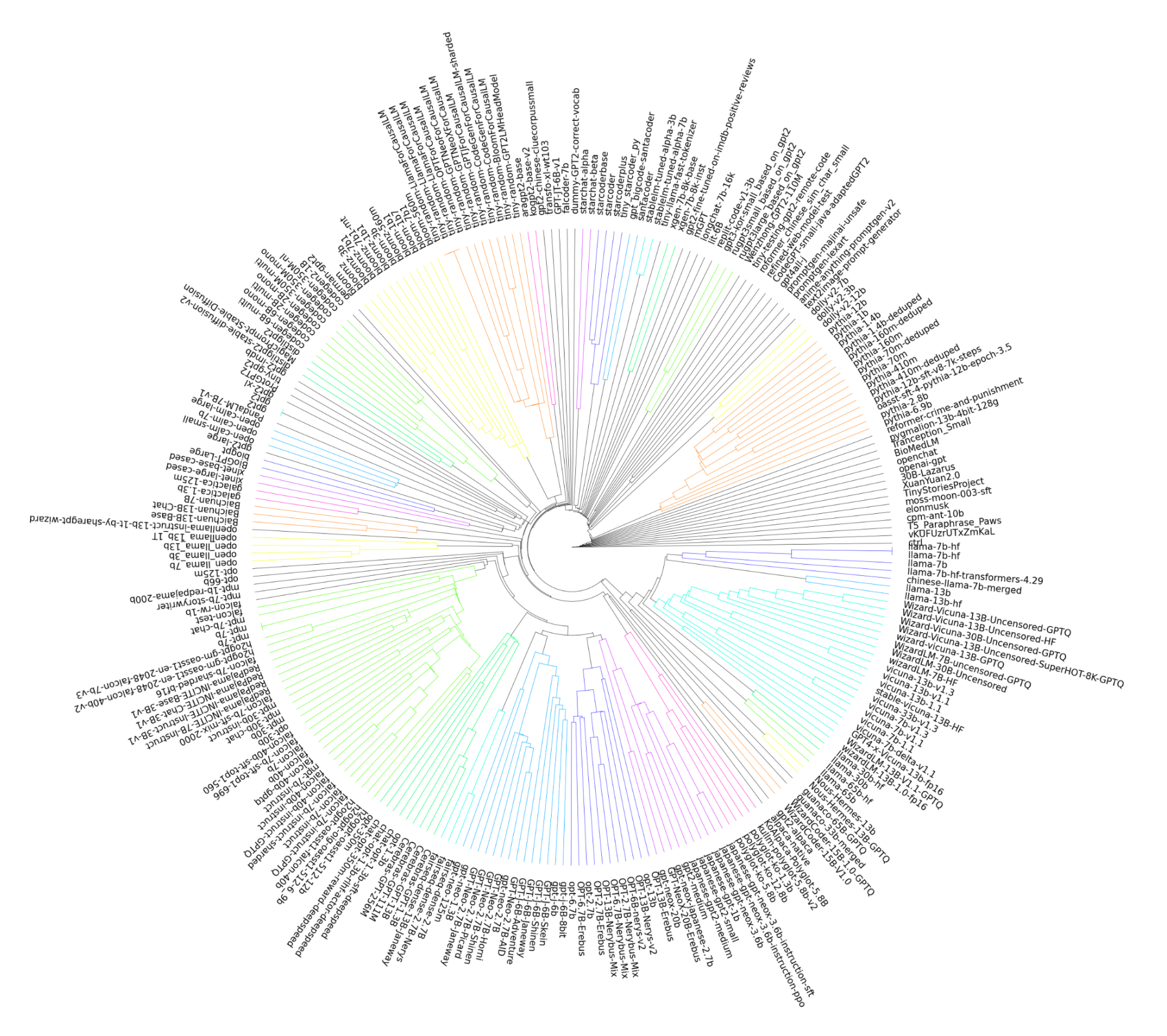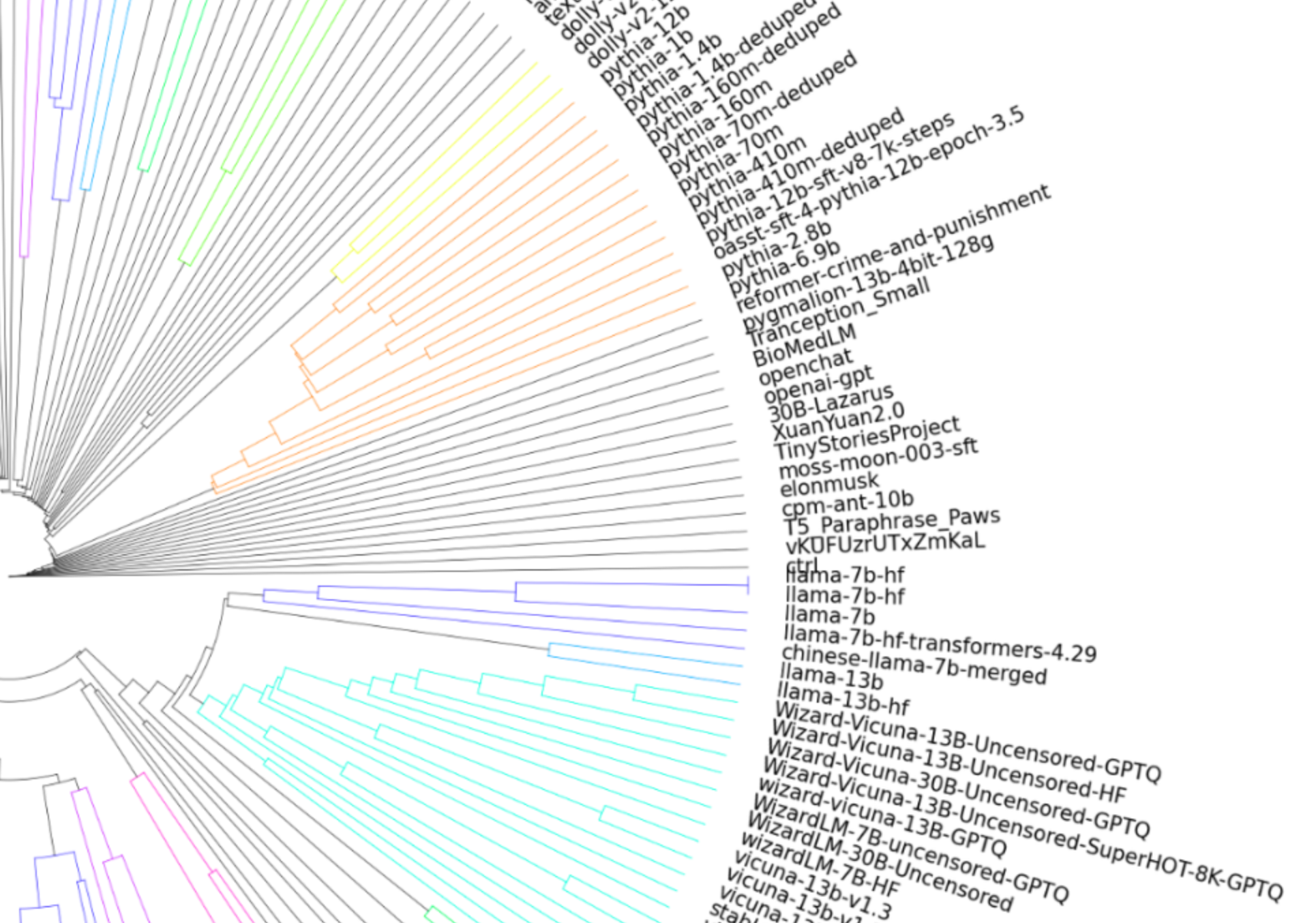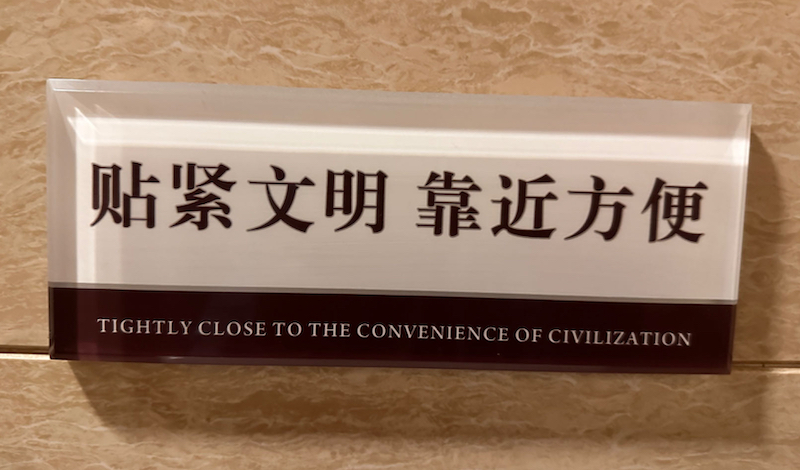ROT-LLM?
There's a puzzling new proposal for watermarking AI-generated text — Alistair Croll, "To Watermark AI, It Needs Its Own Alphabet", Wired 7/27/2023:
We need a way to distinguish things made by humans from things made by algorithms, and we need it very soon. […]
Fortunately, we have a solution waiting in plain sight. […]
If the companies who pledged to watermark AI content at the point of origin do so using Unicode—essentially giving AI its own character set—we’ll have a ready-made, fine-grained AI watermark that works across all devices, platforms, operating systems, and websites.
Read the rest of this entry »






